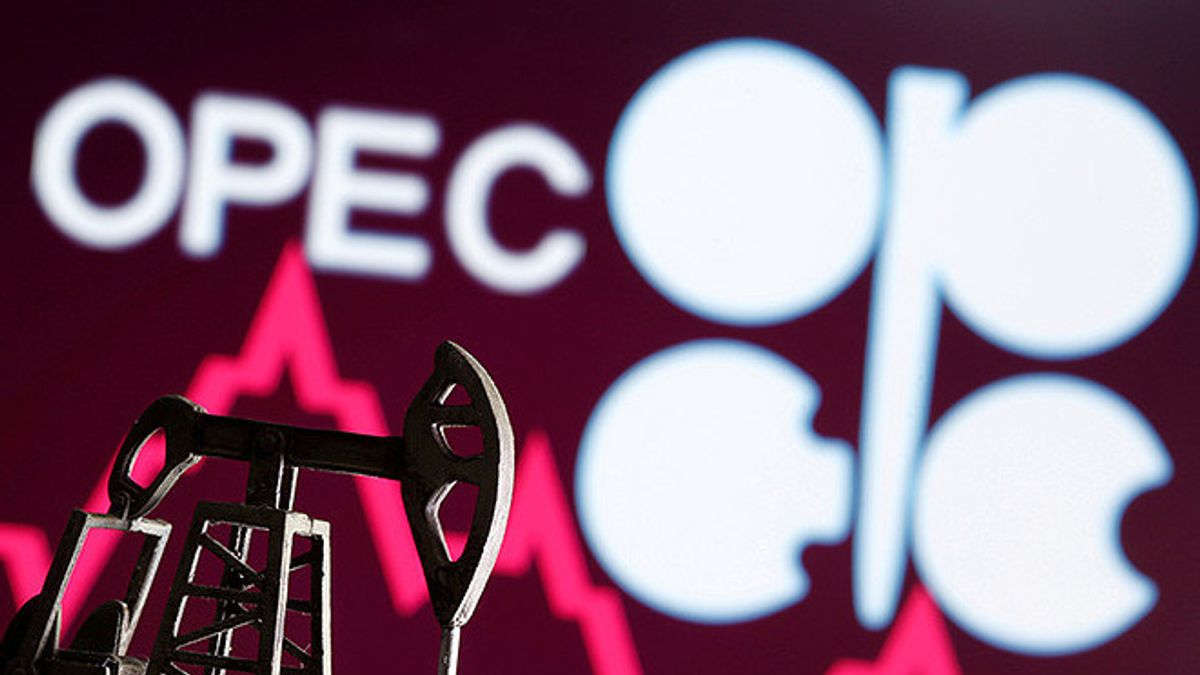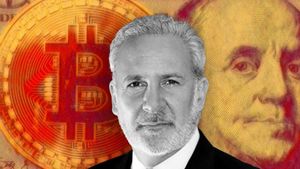JAKARTA - Oil prices fell sharply in late trading Tuesday, in a volatile session after OPEC producers canceled a meeting when major players were unable to reach an agreement to increase supply.
Reporting from Antara, Wednesday July 7, Brent crude futures for September delivery slipped 2.63 per barrel, or 3.4 percent, to close at 74.53 US dollars per barrel, after hitting a session peak of 77.84 US dollars. highest level since October 2018.
U.S. West Texas Intermediate (WTI) crude futures fell 1.79 dollars, or 2.4 percent, to settle at 73.37 dollars a barrel, after hitting a peak of 76.98 dollars, their highest level since November 2014.
On Monday 5 July, ministers from OPEC+, which includes the Organization of the Petroleum Exporting Countries (OPEC), Russia and other producers, left the talks after negotiations failed to close the split between Saudi Arabia, OPEC's biggest producer, and the United Arab Emirates.
"In the past, dissent within OPEC has often triggered massive price declines, but the market is interpreting the current failure as meaning that the old agreement, under which production by OPEC countries and their allies was left unchanged from August to April 2022 after the rise in July is still in effect," said Eugen Weinberg, energy analyst at Commerzbank Research.
He added that in the medium term, OPEC+ failure is more likely to hurt oil prices than good.
Initially, oil rose on news of the breakdown of talks, but prices retreated as traders focused on the possibility that the dispute would cause some national producers to turn on the tap and start exporting more barrels.
"The market is worried that the UAE will step in and unilaterally add barrels and the rest of OPEC will follow suit," said Bob Yawger, director of energy futures at Mizuho.
The United Arab Emirates said it would follow production increases but rejected a separate proposal to extend the curbs until the end of 2022 from an April deadline.
Some OPEC+ sources said they still believe the group will resume discussions this month and agree to pump more from August, though others say current restrictions may remain in place.
The White House said Tuesday July 6 that it was monitoring OPEC+ talks and was "providing encouragement" after conversations with officials in Saudi Arabia and the United Arab Emirates.
The English, Chinese, Japanese, Arabic, and French versions are automatically generated by the AI. So there may still be inaccuracies in translating, please always see Indonesian as our main language. (system supported by DigitalSiber.id)













